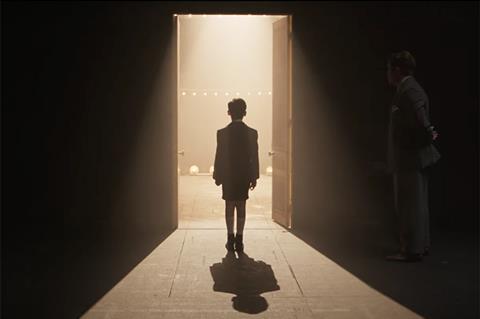CHICAGO – The Association of College and Research Libraries (ACRL) announces the publication of “Teaching Critical Reading Skills: Strategies for Academic Librarians,” edited by Hannah Gascho Rempel and Rachel Hamelers. This two-volume set — “Reading in the Disciplines and for Specific Populations” and “Reading for Evaluation, Beyond Scholarly Texts, and in the World” — provides ready-made activities you can add or adapt to your teaching practice.
This collection explores the experiences, approaches, and roles of librarians who teach reading: using pedagogical theories and techniques in new and interesting ways, making implicit reading knowledge, skills, and techniques explicit to students, presenting reading as a communal activity, partnering with other campus stakeholders, and leading campus conversations about critical reading. The five sections are arranged by theme:
Volume 1:
- Part I: Reading in the Disciplines
- Part II: Reading for Specific Populations
Volume 2:
- Part III: Reading Beyond Scholarly Texts
- Part IV: Reading to Evaluate
- Part V: Reading in the World
Each of the 45 chapters contains teaching and programmatic strategies, resources, and lesson plans, as well as a section titled “Critical Reading Connection” that highlights each author’s approach for engaging with the purpose of reading critically and advancing the conversation about how librarians can foster this skill.
Academic librarians and archivists have a long history of engaging with different types of literacy and acting as a bridge between faculty and students. We understand the different reading needs of specific student populations and the affective challenges with reading that are often shared across learner audiences. We know what types of sources are read, the histories — and needed changes — of how authority has been granted in various fields, how students may be expected to apply what they read in future professional or civic settings, and frequently look beyond our local institutions to think about the larger structural and social justice implications of what is read, how we read, and who does the reading.
These volumes can help you make the implicit explicit for learners and teach that reading is both a skill that must be practiced and nurtured and a communal act.”Teaching Critical Reading Skills” demonstrates librarians’ and archivists’ deep connections to our campus communities and how critical reading instruction can be integrated in a variety of contexts within those communities.
“Teaching Critical Reading Skills: Strategies for Academic Librarians” is available for purchase in print and as an ebook through the ALA Online Store, individually or as a set; in print through Amazon.com; and by telephone order at (866) 746-7252 in the U.S. or (770) 442-8633 for international customers.
##
The Association of College & Research Libraries (ACRL) is the higher education association for academic libraries and library workers. Representing more than 8,000 individuals and libraries, ACRL (a division of the American Library Association) develops programs, products, and services to help those working in academic and research libraries learn, innovate, and lead within the academic community. Founded in 1940, ACRL is committed to advancing learning, transforming scholarship, and creating diverse and inclusive communities. Find ACRL on the web, Facebook, Twitter, Instagram, and YouTube.
Originally published at https://www.ala.org/news/member-news/2023/01/new-acrl-teaching-critical-reading-skills-strategies-academic-librarians
ShowBiz - Show Biz clinic originally published at ShowBiz - Show Biz clinic






